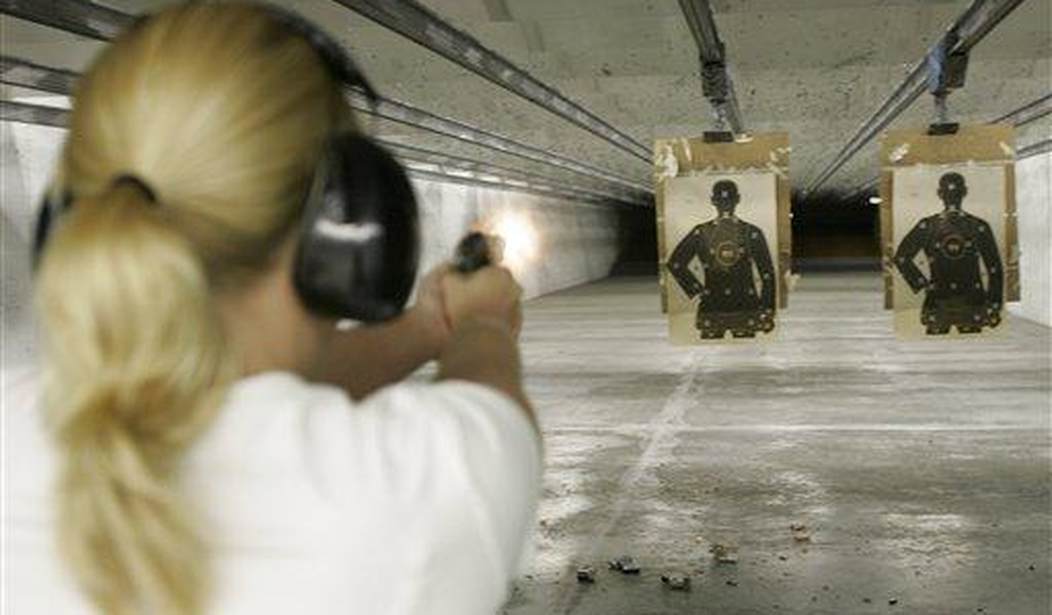One of the most basic tenets of our criminal justice system is that you are considered innocent until your guilt is proven beyond a reasonable doubt. In a criminal case, it’s not up to the defendant to prove they didn’t commit a crime. It’s up to prosecutors to prove to the jury that they did.
Yet in Missouri, individuals charged with a crime of violence who acted in self-defense don’t start with the presumption of innocence. Instead, self-defense is considered an affirmative defense, which puts the burden on the defendant to prove they’re not guilty of the charges levied against them. Some Republicans in Missouri are hoping to change that, but prosecutors, sheriffs, and police chiefs are attacking the bill and calling it a license to murder.
I refer to it as the ‘Make Murder Legal Act,’” said Stoddard County Prosecuting Attorney Russ Oliver, a Republican representing the Missouri Association of Prosecuting Attorneys.
“What we are doing with this bill is … basically saying the 6,500 assaults that are committed every single year in Missouri — that every single one of those are automatically presumed to be self defense,” Oliver said.
Well, why wouldn’t you start with the presumption that someone was acting in self-defense, and then see where the evidence takes you?
“Right now, you have a right to defend yourself,” Oliver said. “There’s no one saying you can’t defend yourself. But you do have the burden of injecting the issue.”
The bill “shifts that burden into a presumption that you are automatically engaged in self defense,” he said. “So long as the person is dead … you automatically have immunity because there’s not someone else to even say what had happened.
This argument doesn’t make any sense to me. The bill shifts the burden of proof onto prosecutors, which is exactly where it’s supposed to lie. As for Oliver’s claim that, so long as the person who was assaulted dies, there’s automatic immunity, that’s just ridiculous. Would police lose access to any potential forensic evidence, eyewitness testimony, or other factors that could help lead to a conviction if the bill being debated becomes law? No they would not.
The only thing that would change under SB 666 is that it would be up to the prosecutor to prove that the defendant committed a criminal offense, instead of the defendant having to show they acted in self-defense. I don’t think that’s unreasonable. Frankly, I think that’s what the law should have been from the get-go.
While the bill’s critics were out in force, there were some supporters testifying in favor as well, including Mark McCloskey, the candidate for U.S. Senate who became nationally known after he and his wife displayed firearms on the lawn of their home as a crowd of rowdy protesters marched through their gated community on their way to demonstrate outside of the home of St. Louis’ mayor in the summer of 2020.
“The bill before the Senate now turns the Castle Doctrine into a bar to prosecution,” McCloskey said. “We were shocked to find out when we were charged that the Castle Doctrine can only be raised as an affirmative defense.“You have to have the jury decide the issue of whether or not you committed a crime, and then whether or not the Castle Doctrine provides you with a defense,” McCloskey said. “That’s backwards.”









Join the conversation as a VIP Member